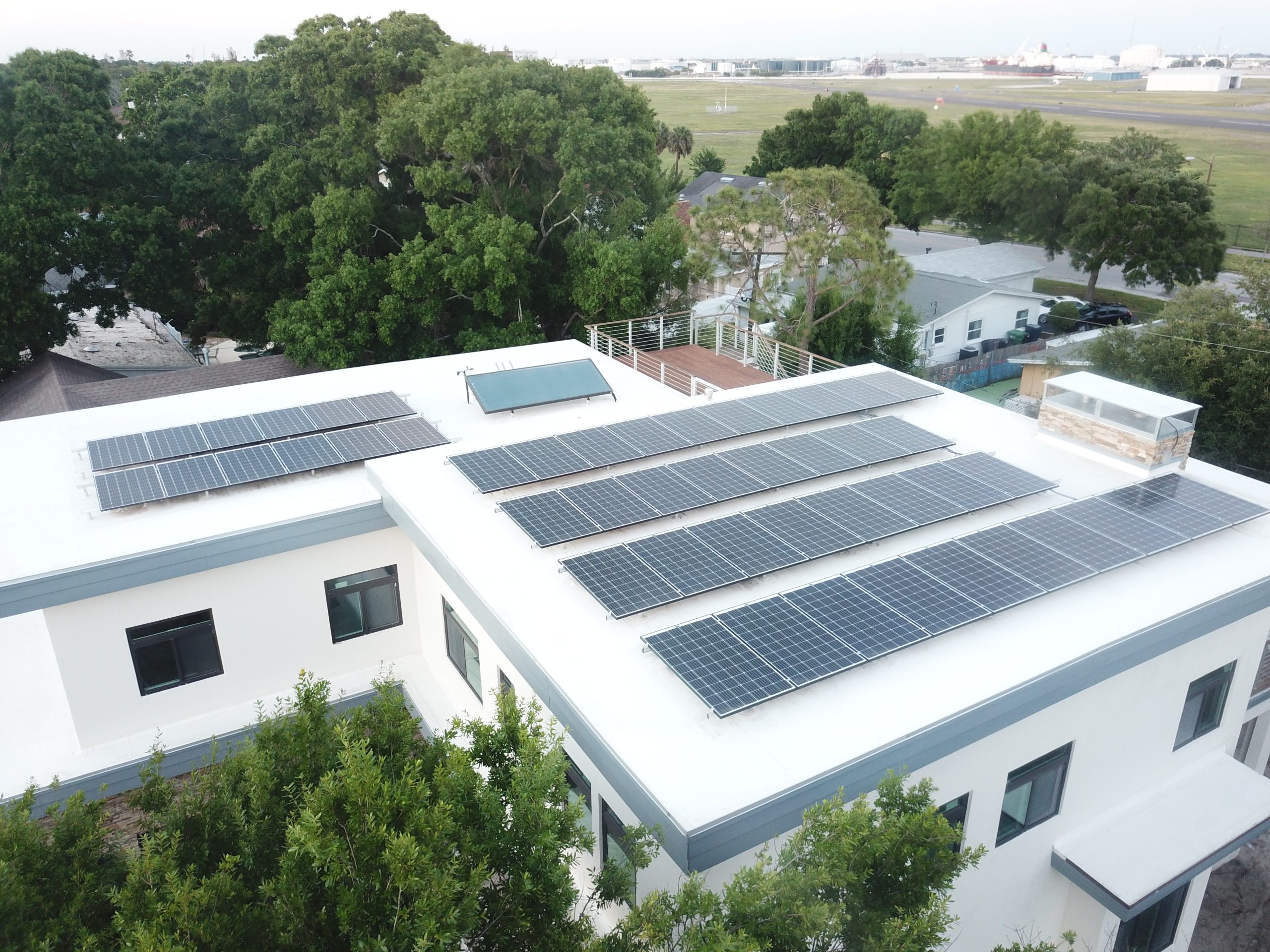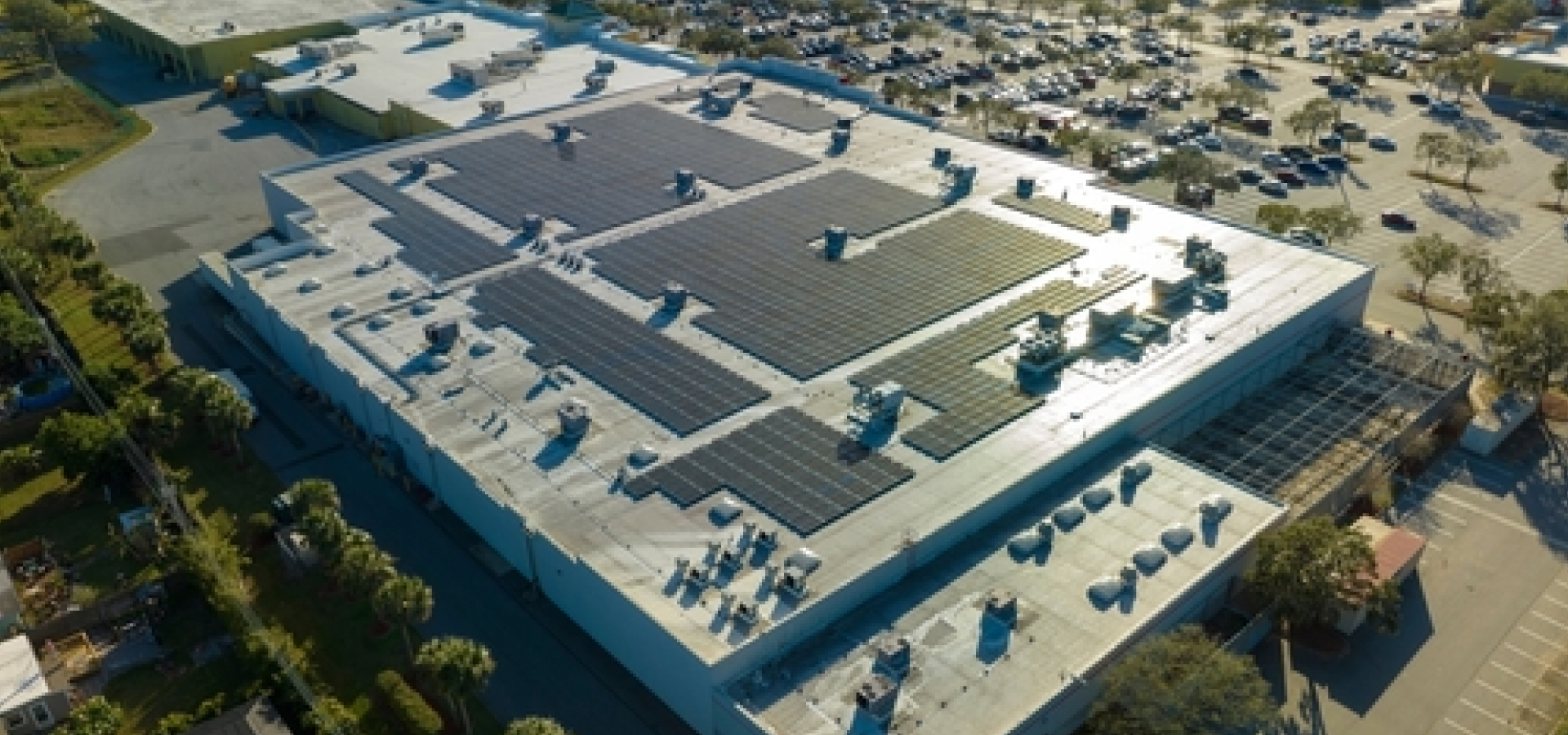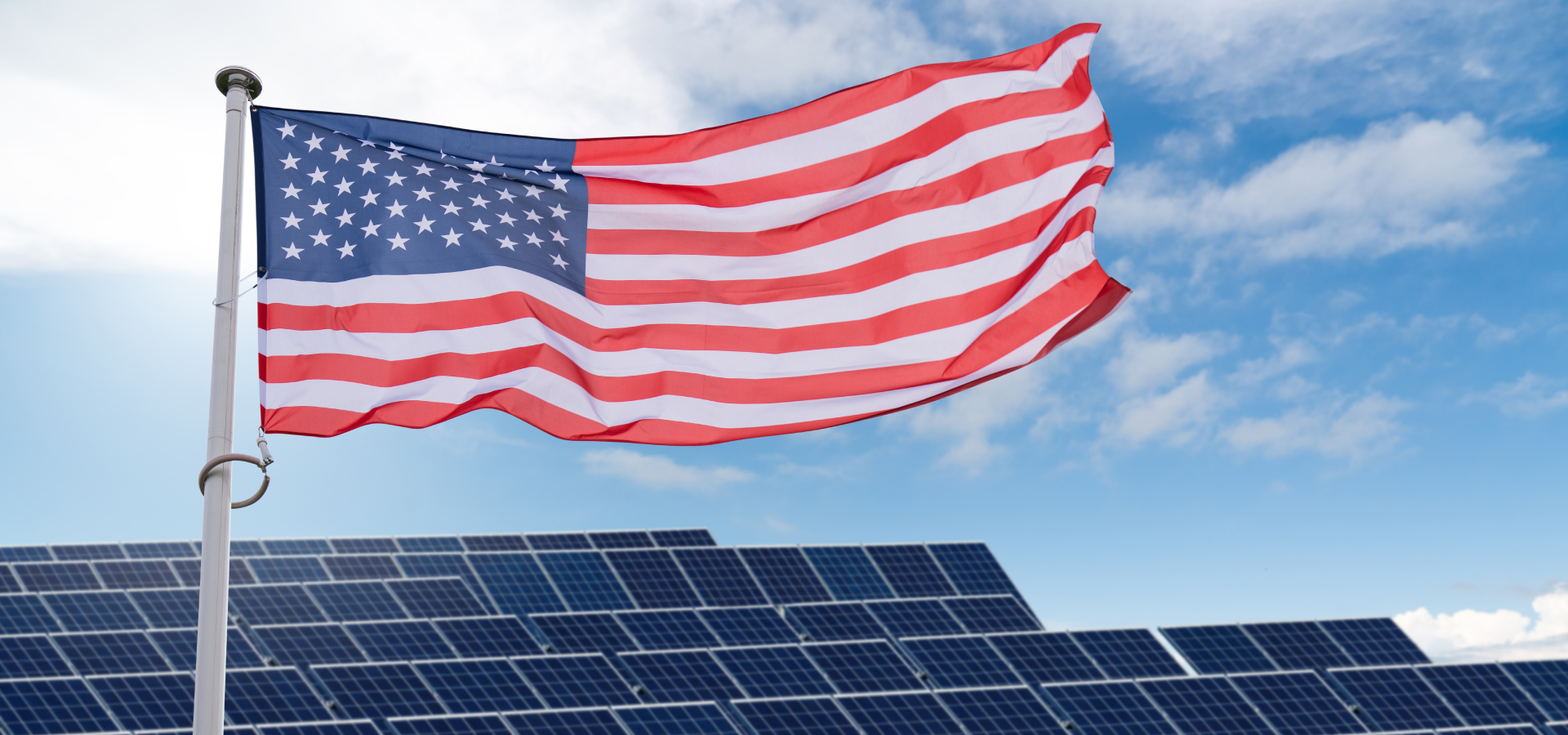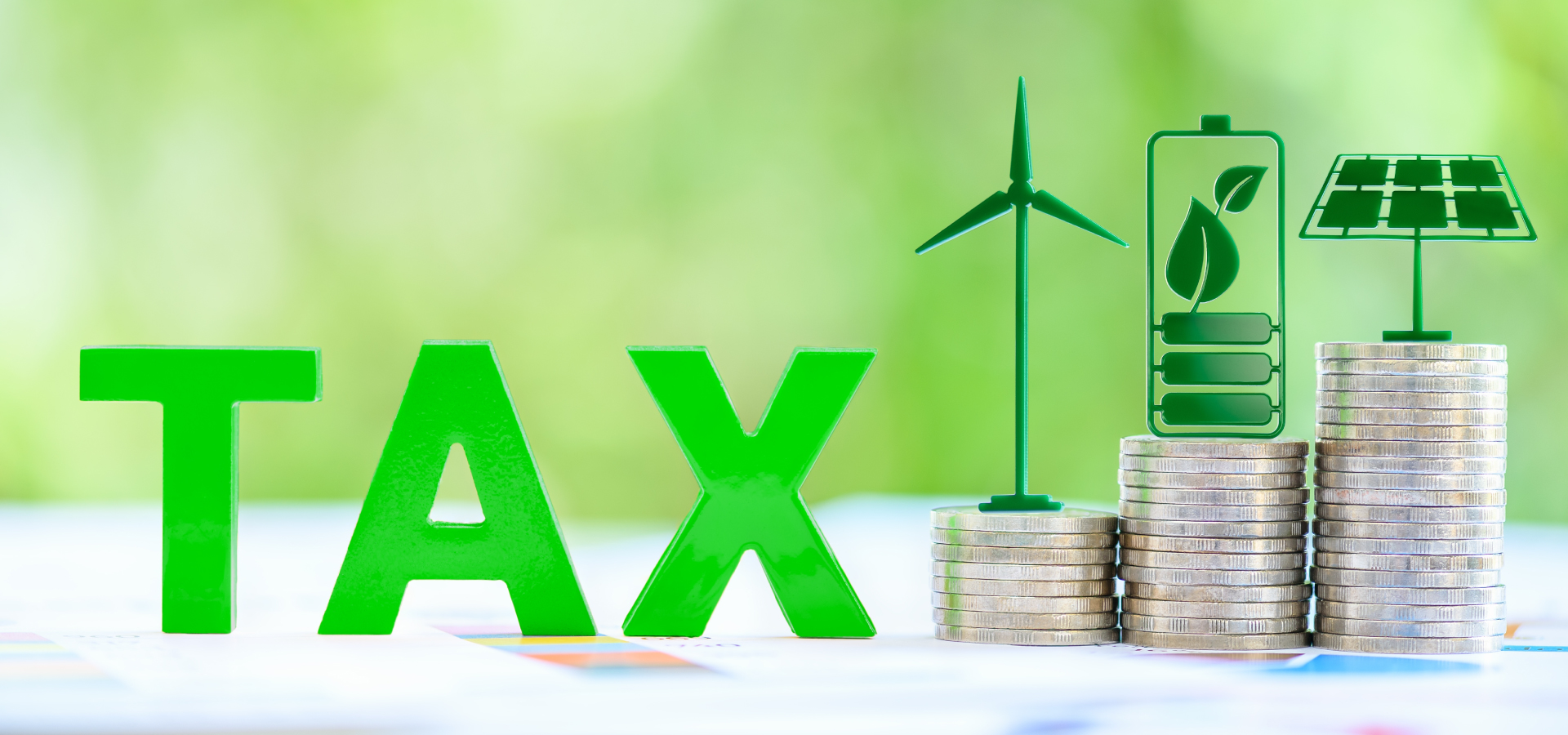With Hurricane Milton whipping across central Florida, residents are reminded of the critical importance of reliable energy sources. The state has recently endured the wrath of Hurricanes Debbie in August, Helene in September, and Milton in October, each leaving behind a trail of destruction and power outages. In this climate of uncertainty, harnessing solar energy combined with battery backups emerges as a practical and effective solution to enhance resilience during storms.
Choosing the Right Solar-Powered System for Your Needs
Selecting the appropriate solar-powered system depends on your unique energy requirements and circumstances. There are three primary types of solar installations for residential and commercial buildings:
- Grid-Tied Systems with No Energy Storage
- Grid-Tied Systems with Battery Backup
- 100% Off-Grid Systems with Larger Battery Storage
While most Tampa Bay Solar customers opt for grid-tied solar arrays, systems with battery backups and off-grid solutions offer additional advantages that can prove vital during hurricane season.
Grid-Tied Solar Arrays
The most common and cost-effective solar installation is the grid-tied system with panels and inverters. These systems generate power during the day, and if that power isn’t consumed in real-time, it feeds back into the power grid, allowing homeowners to benefit from net metering.
Approximately 90% of the systems installed by Tampa Bay Solar are simple grid-tied solar arrays that utilize net metering to store excess power, which can be used when the sun sets. This system also builds up credits during lower usage months from January to April, carrying them forward to offset costs during the higher usage months of summer.
Grid-tied systems have lower initial costs and a faster return on investment, making them a popular starting point for many clients, who can add battery backups later for enhanced energy security.
Solar Arrays with Emergency Battery Backup
Solar arrays with emergency battery backups are an excellent option for homeowners concerned about power outages, especially during hurricane season. These systems add energy storage to an existing grid-tied setup designed for emergencies.
To function effectively, these systems require solar panels, an inverter, a battery system, and an energy management system to maintain full charge and transition to battery power during a blackout. In Florida, many clients seek enough backup power to run air conditioning units, typically requiring a minimum of 10,000 watts of on-demand power. Consulting with an experienced sales representative is essential for accurately sizing these systems.
While on-demand power is crucial, ensuring sufficient storage capacity is equally essential for handling prolonged blackouts. Most battery backup systems are connected to a critical load sub-panel, powering only specific breakers for crucial appliances, such as refrigerators, internet routers, and air conditioning units.
If the battery runs out of charge at night, it will recharge when the sun rises, allowing homeowners to conserve battery power by shifting high-energy usage to daylight hours.
Off-Grid Systems
Tampa Bay Solar also specializes in off-grid system installations, catering to clients who desire complete energy independence. For instance, in 2018, we designed a highly efficient off-grid system for a 4,000-square-foot home in Tampa. This system includes a solar array, solar hot water on the roof, and a 40-kilowatt lithium-ion phosphate battery, and it has never been connected to the local utility grid.
Another solution is off-grid construction trailers with solar panels and built-in battery storage systems. Unlike many solar installers in Tampa, we take pride in our extensive experience with off-grid applications, helping clients navigate the challenges of balancing power production from solar arrays with sufficient storage to last through the night.
Other Backup Options
A whole-house generator that runs on gasoline or propane is an alternative to battery backup systems. However, these systems have significant drawbacks, including noise during operation, challenges with refueling during extended outages, and the risk of carbon monoxide emissions.
In contrast, solar arrays combined with batteries operate silently and produce no air pollution. Plus, there’s no need to worry about refueling, as these systems recharge automatically each morning.
As Florida braces for potential hurricanes, now is the ideal time to evaluate your energy needs and explore solar solutions that can provide peace of mind during storm season. Our sales team engages in weekly training sessions to stay updated on new technologies in solar and storage systems. We would love to discuss your options, costs, and feasibility for your home or business. If you own a grid-tied system, we can explore battery backup solutions tailored to your needs.
Don’t wait until the storm hits—contact Tampa Bay Solar today for personalized guidance on enhancing your energy resilience during hurricane season!




